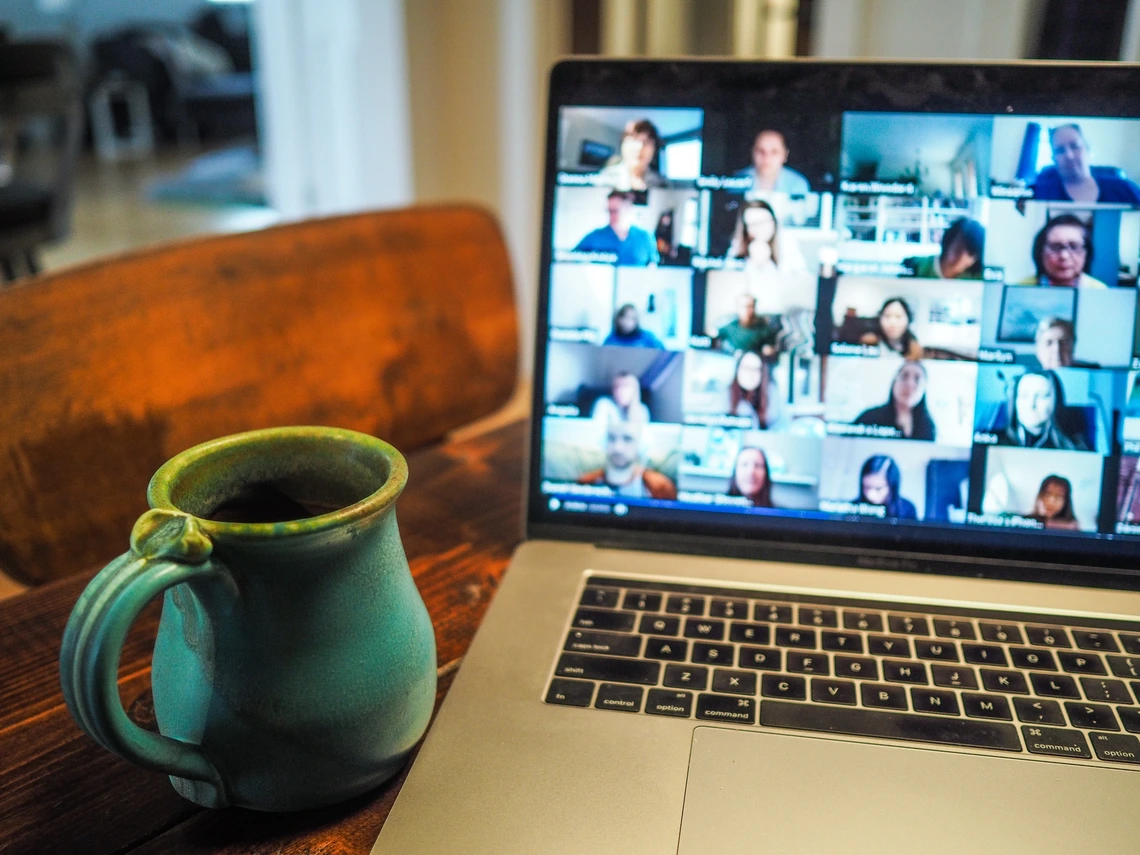Recap of June 2020 Co-InFEWS Workshop

The Indigenous Innovations at the Nexus of Food, Energy and Water Systems (Co-InFEWS) workshop took place over the week of June 15, 2020, on Zoom, a virtual meeting platform. Originally scheduled to take place at Diné College in Tsaile, Arizona, the workshop transformed its modality in response to the COVID-19 pandemic.
Sessions during this workshop were moderated by faculty from the University of Arizona, the University of California at Berkeley and the University of South Florida. These faculty, along with their trainees, are sponsored by a National Science Foundation Research Traineeship (NRT) Program, which is designed to encourage the development and implementation of bold, new and potentially transformative models for science, technology, engineering and mathematics (STEM) graduate education training.
The nexus of food, energy and water systems mentioned in the title reflects the space where storytellers, artists, scientists and entrepreneurs meet to explore their projects from past, present and future. Over the week, Indigenous community members, scholars and representatives from federal and tribal agencies met twice daily to collaborate on ideas and share experiences. Though the workshop could not be held at Diné College, the voices of Diné College students, professors and community members provided a meaningful link to this special place within the Navajo Nation.
Shared Learning
In his opening blessing, Diné Hataałii (medicine person) Avery Denny spoke of the importance of collaboration and shared learning, which came to fruition throughout the workshop via discussions of the current challenges Indigenous communities face.
Adrianna Nicolay, a graduate student from University of Arizona, said, “I am appreciative of the Indigenous storytellers, leaders, medicine people and community organizers who gave their time to this conference, even as they navigate the ongoing pandemic, and shared so much of their knowledge.” Indeed, one of the most valuable takeaways from the workshop was how individuals from their unique agencies and institutions were inspired to encourage younger participants to continue working toward community-driven goals. As a graduate student myself, I was especially grateful to have the opportunity to join in the conference and witness the ways in which Indigenous knowledge is vital to planning for innovations in the FEWS nexus.
Throughout the workshop, panelists discussed their work and responded to questions from participants from universities, nonprofit organizations, and communities. Over the course of five days, professionals, faculty, undergraduate and graduate students were challenged to address some of the most pressing issues for Indigenous students and communities to date. These challenges include the COVID-19 pandemic and its devastating impacts on the Navajo Nation, barriers to the incorporation of Indigenous knowledge and traditional science in the discourse of STEAM (A stands for Art), and the role of research in Indigenous communities and how those pursuits can be funded through federal grant-making agencies and non-profit organizations. These topics present current challenges faced by Indigenous communities and programs.
Engaged Dialogue
The dialogue between panelists and participants was one of the most engaging and valuable aspects of the workshop. Equal importance was attributed to the experiences of experts and of participants. University of Arizona graduate student Nikki Tulley noted, “This uniquely woven opportunity to learn from a traditional ecological knowledge and STEM platform created an inspiring, diverse learning environment for those who were in attendance.”
The workshop provided many different forms of engagement for participants, including a virtual fieldtrip to the Services To All Relations (STAR) School in Leupp, Ariz. After a week of discussion and planning through large group sessions and smaller breakout sessions, it was rewarding to visualize what an off-grid, Indigenous knowledge-focused program can provide for school children and their community.
The Co-InFEWS workshop succeeded in providing an open platform for experts and students to discuss, openly, the most pressing food, energy, water systems and accompanying issues and to explore the ways in which collaboration can effect change for sovereign nations of Indigenous peoples. I look forward to attending the next one.
